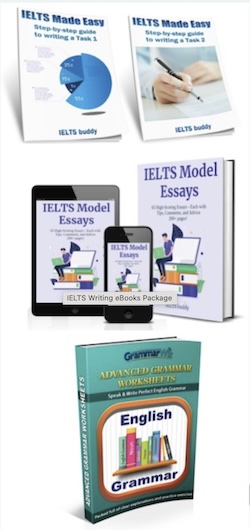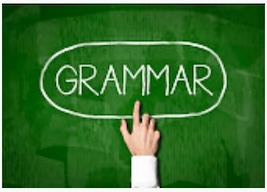- Home
- IELTS Information
- IELTS Academic Or General
IELTS Academic or General: Which One Should You Take?
While researching IELTS, you might have noticed that there are two variations of the exam; so you might be wondering whether you should take IELTS Academic or General.
The answer depends on your situation—whether you're planning to study abroad or work in an English-speaking country. If this still seems a little confusing, this article will break down when to take each test, the core differences, and offer tips to help you obtain the score you need.
Core Differences Between IELTS Academic and General
The following is just general guidance - it’s important to check the requirements for your specific job, university or country you plan on immigrating to before you decide on whether to take IELTS Academic or General.
Purpose of the tests
IELTS Academic:
The Academic test is designed for those who want to pursue higher education or professional registration in an English-speaking country. They require this version as it measures more advanced language skills. It evaluates how well you can use English in an academic setting, placing emphasis on critical thinking and specialised vocabulary.
IELTS General:
The General Training test is better suited for those who plan to work, migrate, or complete secondary education in an English-speaking environment. It assesses everyday communication skills and focuses more on real-world scenarios, such as workplace interactions or social situations. This version is often used for immigration purposes, especially for countries like Canada, Australia, and the UK.
Differences in test content
Before we take a look at the differences in the content of the tests, it’s important to note that the speaking and listening sections are the same in both versions. The reading and writing sections are where you’ll encounter differences in question types and vocabulary.
Reading Section
- Academic: Passages are more complex, taken from academic sources such as textbooks, journals, or research papers. These passages are meant to evaluate your ability to understand detailed, formal language.
- Example Vocabulary: hypothesis, methodology, comprehensive, evaluate
- General: Reading tasks are less specialised and revolve around workplace documents, advertisements, or instruction manuals.
- Example Vocabulary: salary, contract, advertisement, procedures
Writing Section:
- Academic: Involves interpreting visual data (charts, graphs, and tables) for Task 1 and writing an argumentative essay for Task 2. Precision and formal academic tone are key.
- Example Task 1: “Summarise the main trends in the graph, using comparisons where relevant.”
- General: Task 1 requires writing letters (formal, semi-formal, or informal), while Task 2, though requiring similar essay writing skills to academic, is a more casual essay, often centred around practical problems or opinions.
- Example Task 1: “Write a letter to your landlord explaining a maintenance issue in your apartment.”
Tips for Success: IELTS Academic vs General
Whether taking IELTS academic or general, the structure is the same, but you need to focus on different vocabulary and articles as the language and topics for the Academic exam can be a little more on the complex side. Let’s delve into some tips on how to approach each version.
Tips for Academic:
- Focus on complex vocabulary and sentence structure: You’ll be dealing with formal and academic language, so practice using sophisticated vocabulary and organising complex ideas.
- Read academic articles: Get comfortable reading research papers, articles, and reports, as these mimic the types of texts in the Reading section.
- Practice summarising data: For Writing Task 1, you’ll need to describe trends in graphs or charts. Focus on your ability to compare data, identify patterns, and make logical conclusions.
Tips for General:
- Emphasise functional language: For the Writing and Speaking sections, you’ll need to demonstrate good use of everyday language. Get comfortable with phrases and vocabulary related to work, leisure, and personal situations.
- Read a variety of materials: Since the Reading section could include anything from advertisements to magazine articles, read a wide range of texts from newspapers, job ads, and user manuals.
- Practise informal writing: Writing Task 1 often involves letters, so practice writing to friends or colleagues. Pay attention to tone—whether your writing needs to be formal, semi-formal, or informal.
Comments
Any comments or questions about this page or about IELTS? Post them here. Your email will not be published or shared.













